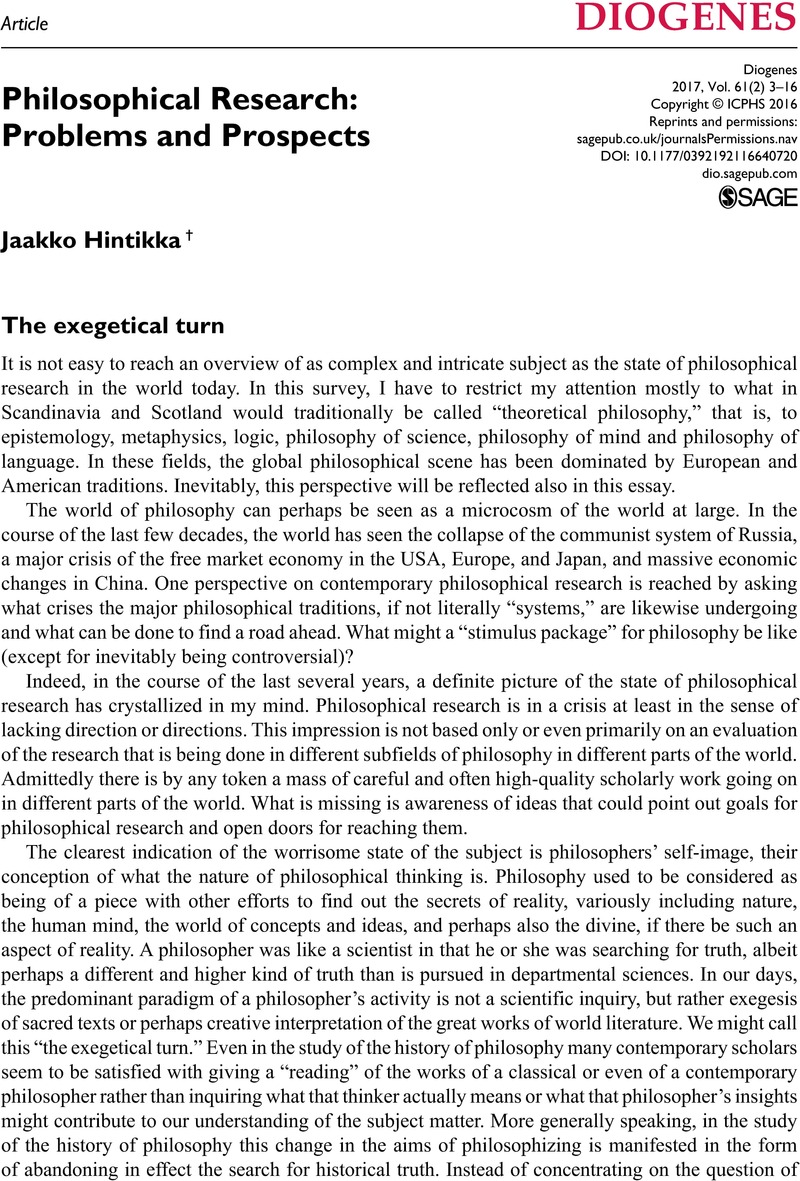Crossref Citations
This article has been cited by the following publications. This list is generated based on data provided by Crossref.
Pietarinen, Ahti-Veikko
2019.
Hintikka Memorial Issue: Introduction and Remarks on Jaakko Hintikka’s Logical Philosophy.
Logica Universalis,
Vol. 13,
Issue. 2,
p.
137.
Pietarinen, Ahti-Veikko
2019.
To Peirce Hintikka’s Thoughts.
Logica Universalis,
Vol. 13,
Issue. 2,
p.
241.



